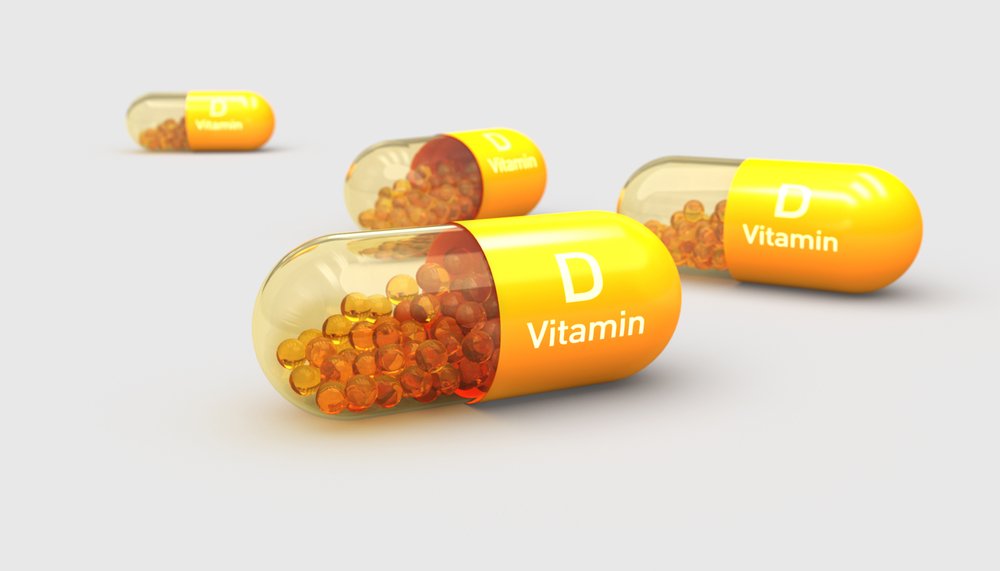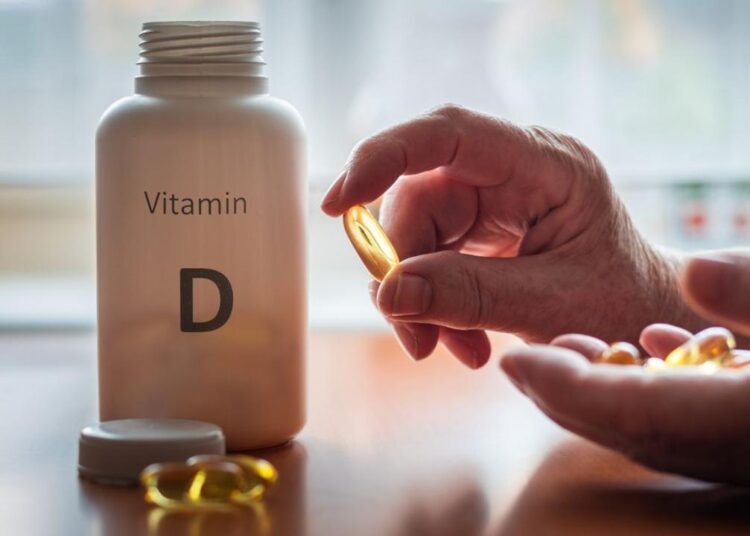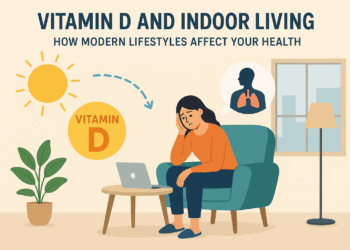Heart disease is still the greatest killer on Earth. In their quest to avoid it, individuals often reach for vitamin D supplementation as a likely means of protecting their heart health. But do vitamin D and heart disease actually have a link? This article delves into the relationship between vitamin D and heart health using the most up-to-date research.
What Is Vitamin D and How Does It Work in the Body?
Vitamin D is a substance that the body can make when exposed to sunlight. Although it is most well-known for its role in bone function, vitamin D also influences other body systems, including the immune system and metabolism.
Sources of Vitamin D:
- Sun exposure
- Food sources such as fatty fish, egg yolks, and fortified foods like milk products
- Supplements of vitamin D
The Relationship Between Vitamin D and Heart Disease
Different studies have shown that vitamin D deficiency is associated with increased risk of heart disease, including hypertension, heart failure, and coronary artery disease. Research indicates that vitamin D plays a role in blood pressure regulation, heart support, and the suppression of inflammation—all aspects critical to heart disease.

How Does Vitamin D Influence Heart Health?
1. Reduces Inflammation: Vitamin D reduces inflammation in the body, which is one of the primary reasons heart disease forms.
2. Regulates Blood Pressure: Science shows that a healthy balance of vitamin D can actually reduce high blood pressure, which is one of the largest threats for heart disease.
3. Maintains Calcium Balance: Vitamin D helps your body absorb calcium, which aids in healthy electrolyte balance and functioning heart.
What Does New Research Show About Vitamin D Supplements and Heart Disease?
Several large-scale trials have looked at whether vitamin D supplements reduce the risk of heart disease outright. While results are mixed, some trials show that supplementation can be helpful for people with low vitamin D levels.
Studies in Favor of Vitamin D Supplementation
- A research in The American Journal of Clinical Nutrition found that patients with adequate amounts of vitamin D had a lower risk of heart disease.
- A Mayo Clinic research proved that vitamin D supplementation in patients with deficiency reduced blood pressure and enhanced heart function.
Studies Showing No Direct Advantage
- A JAMA Cardiology research found no significant benefits of vitamin D supplementation to prevent heart disease events in individuals who already had sufficient levels of vitamin D.

Who is at Risk for Vitamin D Deficiency and Could Benefit from Supplements?
Certain groups are at higher risk for vitamin D deficiency and can benefit from supplementation, including:
- Individuals with less sun exposure (e.g., office workers or residents of areas with less sunlight).
- Dark-skinned individuals, who produce less vitamin D when exposed to the sun.
- Older adults, as the ability of the body to produce vitamin D decreases with age.
- Individuals with fat malabsorption conditions, including those with celiac disease or Crohn’s disease.
Is Vitamin D Supplementation Safe for Your Heart?
As a whole, vitamin D supplements are safe if the correct dose is taken. But excessive intake may lead to vitamin D toxicity, damaging the kidneys and causing elevated blood calcium. It’s best to consult with a healthcare provider prior to supplementation, especially if you have heart disease.
How to Optimize Vitamin D Intake for Heart Health
To obtain optimal vitamin D for heart health, the following are some simple tips:
- Take sun exposure for 15-30 minutes every day (depending on skin type and location).
- Take vitamin D foods such as fatty fish (salmon, sardines), egg yolks, and fortified milk.
- Take vitamin D supplements if you have a risk of deficiency or compromised absorption.

Can Vitamin D Supplements Help Prevent Heart Disease?
While studies suggest that vitamin D can have positive influences on numerous heart disease risk factors, findings are still controversial. In some, indeed, vitamin D supplementation can actually reduce the risk of heart disease, particularly in individuals with a deficiency of vitamin D. In most others with sufficient vitamin D status, the benefit might be less impressive. It is important to consult with your doctor to determine whether vitamin D supplementation is right for you.
Call to Action:
Looking to boost your heart health? Ensure you’re getting enough vitamin D, whether through sunlight, food, or appropriate supplements. Don’t hesitate to consult with a healthcare professional to learn more about optimizing your vitamin D levels for better heart health!














